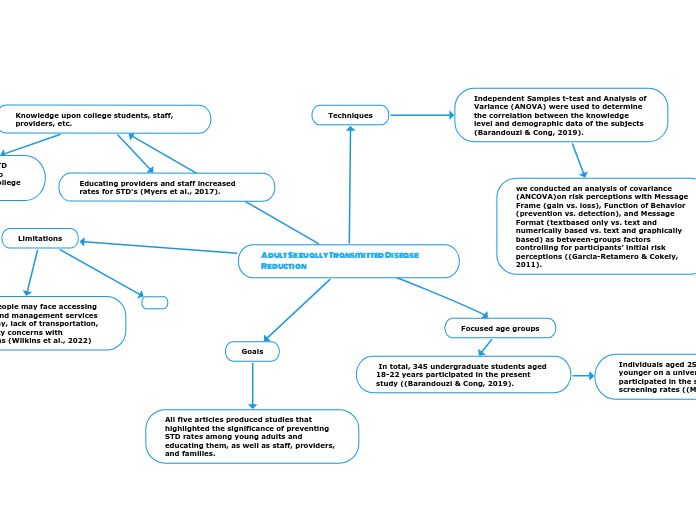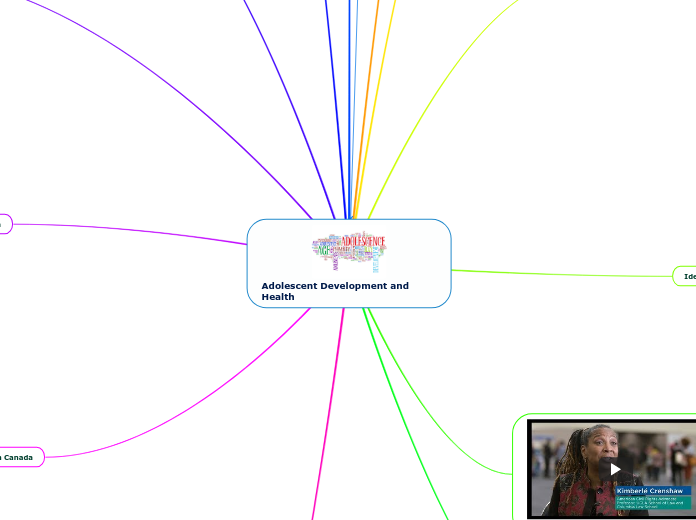par Quay BAKER Il y a 2 années
213
Adult Sexually Transmitted Disease Reduction
Research has highlighted the critical need for enhancing knowledge about sexually transmitted diseases (STDs) among college students, staff, and healthcare providers. Studies indicate a significant deficiency in STD awareness among young adults, emphasizing the necessity of educational programs targeting this demographic.









